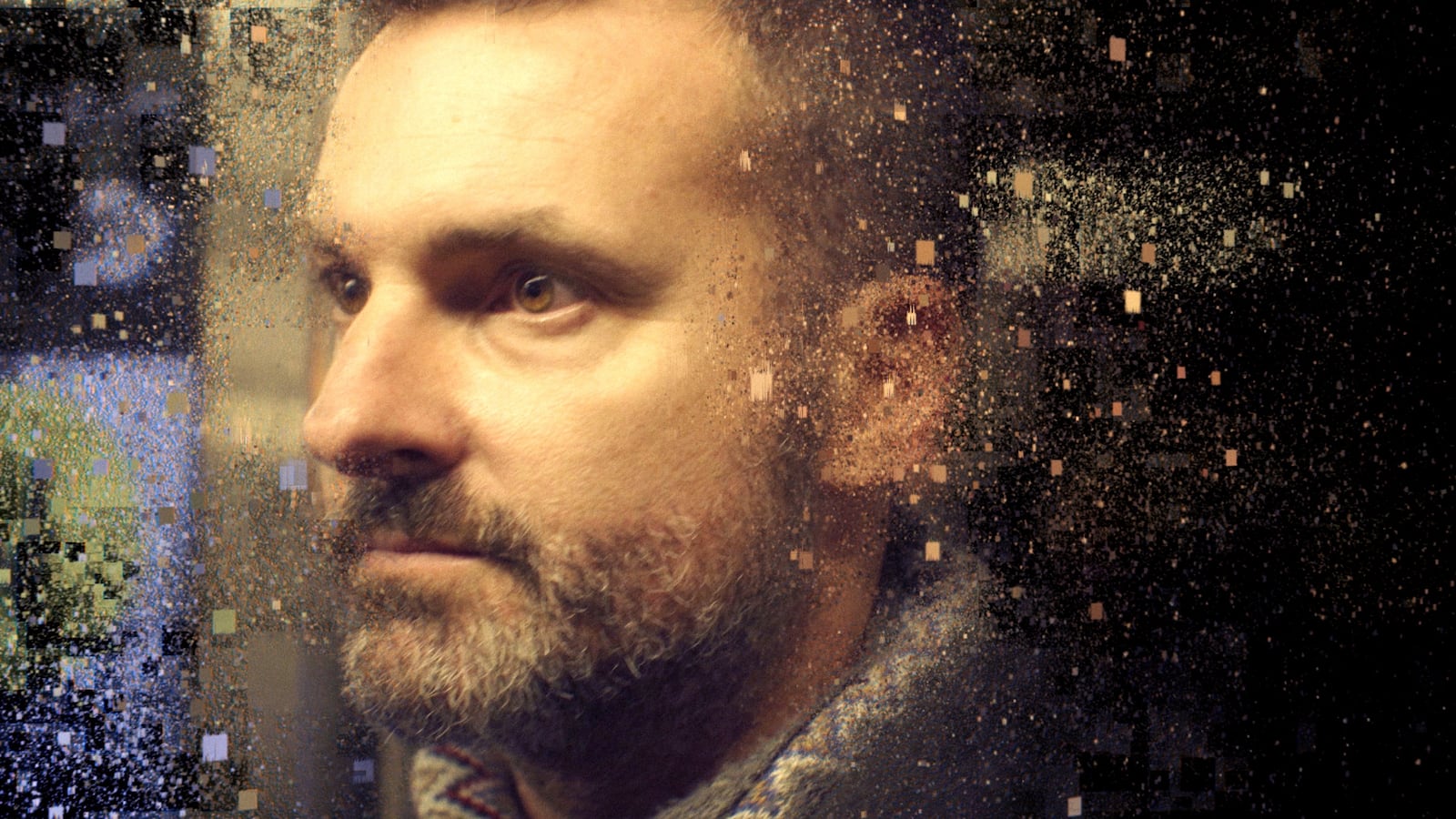Privacy no longer exists, because we gave it away when we chose to embrace a digital life. With every tweet, like, comment, share and upload, we willingly sacrificed the confidentiality of our personal information—and, consequently, knowledge about the way we think and feel about everything and anything—in exchange for connectivity and convenience. That data has now been turned against us, used by corporate entities to manipulate our opinions, shape our behavior, and alter our social and political realities. And worst of all, we have no idea what specific data we’ve surrendered, and which pieces of it are being exploited for nefarious ends.
But we do know which tech giant is most to blame for taking advantage of this new online paradigm: Facebook.
Premiering on Netflix and in select theaters on July 24, The Great Hack is the most enraging, terrifying and—I don’t use this term lightly—important documentary of the year. Directed by Karim Amer and Jehane Noujaim (The Square), its subject is the Cambridge Analytica data scandal—a story that’s galling on the surface, and infinitely more bone-chilling when one considers its far-reaching ramifications. That’s because Cambridge Analytica’s deceptive and criminal relationship with, and conduct on, Mark Zuckerberg’s social media platform had world-altering consequences: helping launch the Brexit movement, and successfully aiding the election campaign of Donald Trump. It was the opening of Pandora’s Box, and as reporter Paul Hilder opines, “some things get broken and stay broken.”
Co-founded by Steve Bannon (a red flag about its true purpose if there ever was one), Cambridge Analytica was a business with a mission to harvest data that could be used to fashion a wide variety of campaigns, including those of a political nature. As the directors detail, its parent company SCL Group began as a military contractor, and segued into data mining in order to influence political situations in developing countries. In one jaw-dropping example of that practice depicted by The Great Hack, Cambridge Analytica swayed elections in Trinidad and Tobago by dissuading Afro-Caribbean youths from voting via the creation of a movement known as “Do So!” that encouraged their apathy. Those strategies worked so well that, in 2015-2016, Cambridge Analytica moved up to the UK and US big leagues, creating a wealth of social-media propaganda (memes, videos, fake news articles, etc.) that targeted “persuadables” (i.e. on-the-fence voters) and promoted right-wing extremist views and parties (i.e. Brexit and Trump).
As rightly defined by The Guardian and The Observer reporter Carole Cadwalladr—who helped break the story wide open beginning in 2017—this was nothing short of psychological warfare, with citizens’ own data weaponized against them to undermine democracy and advance authoritarian movements. Moreover, it was done so by lying and stealing. Cambridge Analytica claimed it only had data from a few hundred thousand respondents to a Facebook personality quiz created by Cambridge University professor Aleksandr Kogan; it boasted that it had extrapolated national psychological voter profiles from just those answers. In truth, though, Cambridge Analytica’s app gave it access to data from both those who willingly participated, and anyone in those people’s friends network—meaning that, in total, Cambridge Analytica came into clandestine possession of the data of 87 million Facebook users. And when this ruse was discovered, it stated that it would delete the data, and then it didn’t, continuing to employ it in various projects.
The idea that American and British democracy has, unbeknownst to us, been subverted by evil tech forces sounds like the premise of a dystopian thriller. And yet The Great Hack is all too real, and recounts its ripped-from-the-headlines tale via a non-fiction approach that’s both comprehensive and dynamic. Sequences embellished with text-message fields, app graphics and emojis, and other assorted digital imagery—the screen sometimes devolving into millions of glowing 3D screens—convey the all-consuming ubiquity of our digital existences. At the same time, Amer and Noujaim intimately document some of the key players in this drama: Cadwalladr; Cambridge Analytica whistleblowers Christopher Wylie and Brittany Kaiser, the latter of whom is a villain straddling a fine line between trying to save her neck and bravely righting the wrongs she helped perpetrate; and Parsons School of Design professor David Carroll, who filed suit against Cambridge Analytica in the UK to retrieve his personal data—and to see what the firm really had, and what it was doing with it.
There’s irony to be found in The Great Hack debuting on Netflix, a company known for utilizing individual subscriber data to customize content presentation. Nonetheless, the true evil player in Amer and Noujaim’s film is Facebook. According to Kaiser, the social media titan worked closely with Cambridge Analytica (despite Mark Zuckerberg’s denials before Congress), as well as allowed Russia to inundate users’ timelines with disinformation conceived to get Trump elected, and to sow seeds of discord throughout American society. If you think that “Crooked Hillary” was just a catchphrase dreamed up by Trump, The Great Hack is here to make clear—via stunning Channel 4 surveillance footage of CEO Alexander Nix—that it was actually the brainchild of Cambridge Analytica, which then disseminated avalanches of anti-Clinton material on Facebook.

Carole Cadwalladr, investigative journalist for The Guardian, in the Netflix documentary The Great Hack
NetflixIt is, quite frankly, a portrait designed to give one nightmares—and to motivate one to start planning an extended vacation in a middle-of-nowhere spot devoid of Wi-Fi. And that’s before Cadwalladr reminds viewers that, after 18 months of hearings on the scandal—replete with testimony from Kaiser and Nix—the British Parliament concluded that there was currently no way to guarantee free and fair elections in the country. The best The Great Hack can do to comfort viewers is to suggest that everyone begin taking their data more seriously, to read apps’ privacy policies, and to treat digital rights like human rights—since, as proven by Carroll’s ultimate legal failure, we currently have no rights to our own information.
Even if its aesthetics become more pedestrian as it barrels toward its of-the-moment conclusion—which takes place right before this week’s news that Facebook will have to pay a $5 billion fine because of its role in the scandal—Amer and Noujaim’s film is a gripping, incisive, must-see exposé about the tumultuous present we’ve created, and a cautionary tale about the ultra-polarized future that increasingly seems to be right around the corner. It’ll fill you with despair, and rage, at a machine that pretends to foster togetherness, but only cares about profit and power attained through divide-and-conquer cons.
And, most of all, it’ll make you want to delete your Facebook account.


